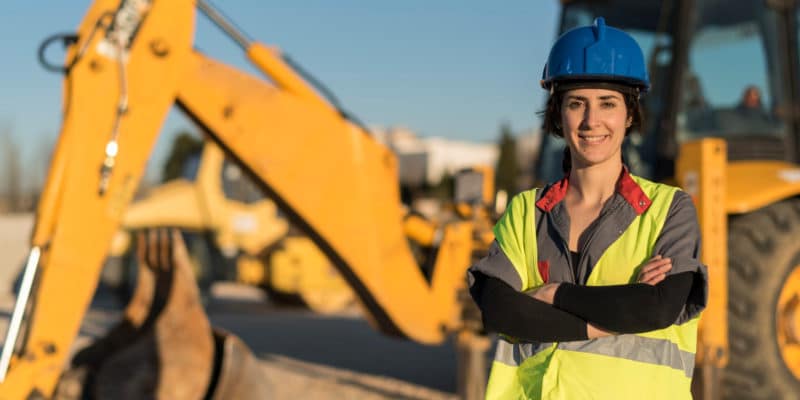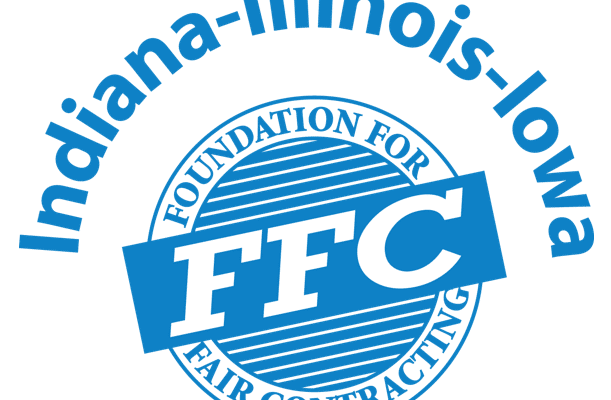November 4, 2024
High-Road Pathways to Union Construction Jobs: Advancing Equity and Worker Power in Apprenticeship Systems in Your State
2-3 pm ET, Thursday, November 21
Register here: Register
Celebrate National Apprenticeship Week with a discussion of state strategies for expanding high-road apprenticeship training systems. Right now, massive federal clean energy and infrastructure investments are spurring demand for skilled trades workers. Making sure these new jobs are good union jobs will require expanding access to registered apprenticeship programs, especially for Black, brown, and women workers historically excluded from many skilled trades occupations. How can state advocates and labor partners seize this moment of opportunity to advance worker power and equity in construction jobs?
Our line-up of experts will cover key questions including:
What is a registered apprenticeship? What’s the “union difference” in apprenticeship training, and how can state advocates partner with building trades unions to expand high-road training programs?
How do federal and state policy frameworks shape apprenticeship systems, and what do data show about current trends in apprenticeship training?
What opportunities exist to leverage federal funds to strengthen and expand apprenticeship programs that lead to good union jobs?
Speakers will include:
Melissa Wells, North America’s Building Trades Unions (NABTU)
Erin O’Brien-Hofmann, Finishing Trades Institute, Philadelphia
Russ Ormiston, Institute for Construction Employment Research (ICERES)
Steve Herzenbeg and Claire Kovach, Keystone Research Center
Join us to learn more about registered apprenticeship, strategies for expanding access to high-road apprenticeship training, and data that can inform work to achieve better job quality and more equitable outcomes for women and people of color in your state’s construction industry.




